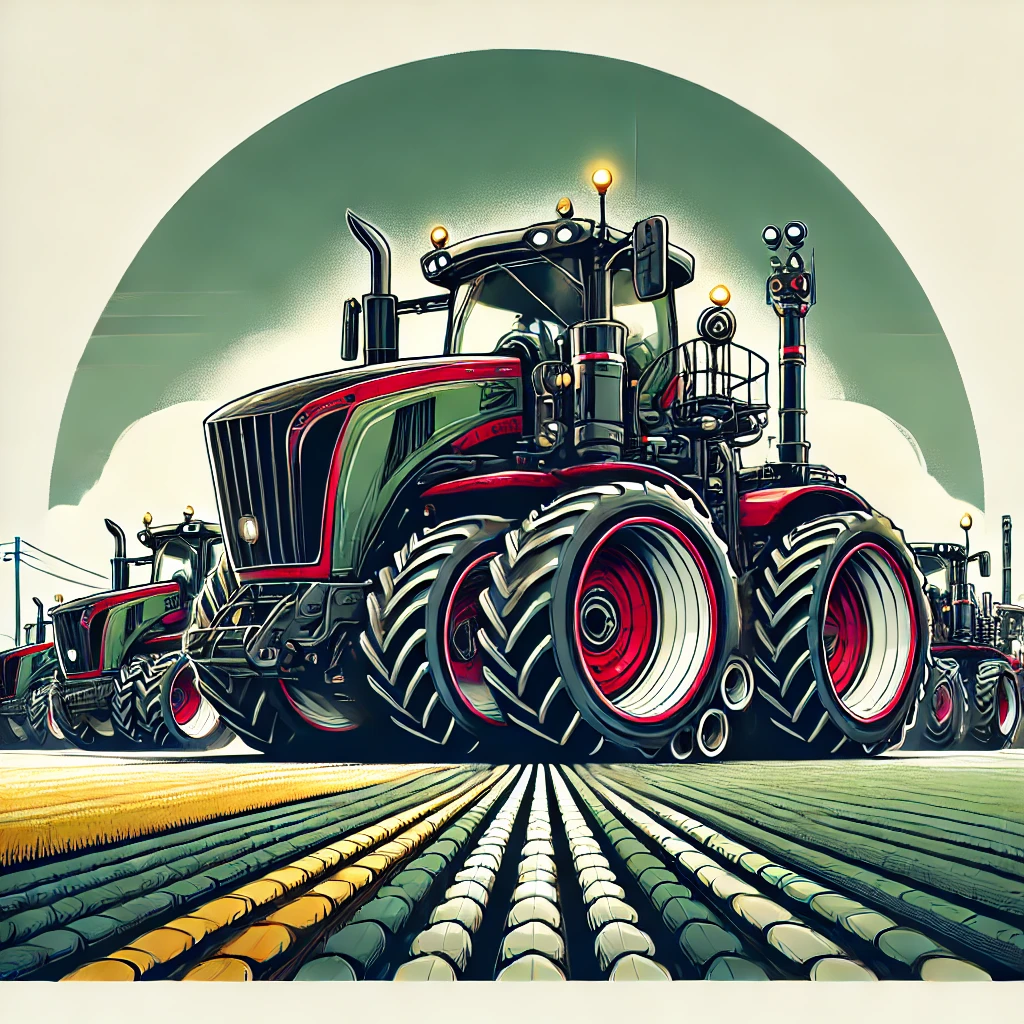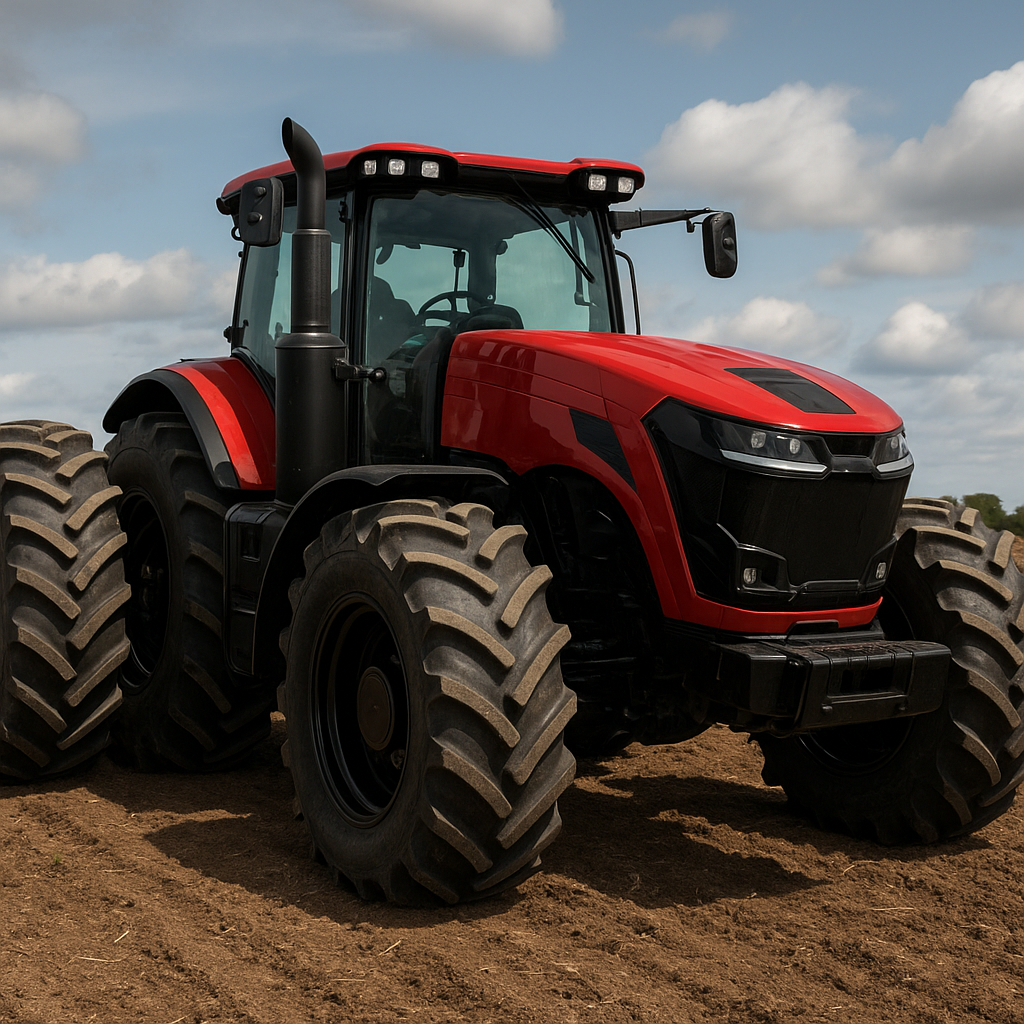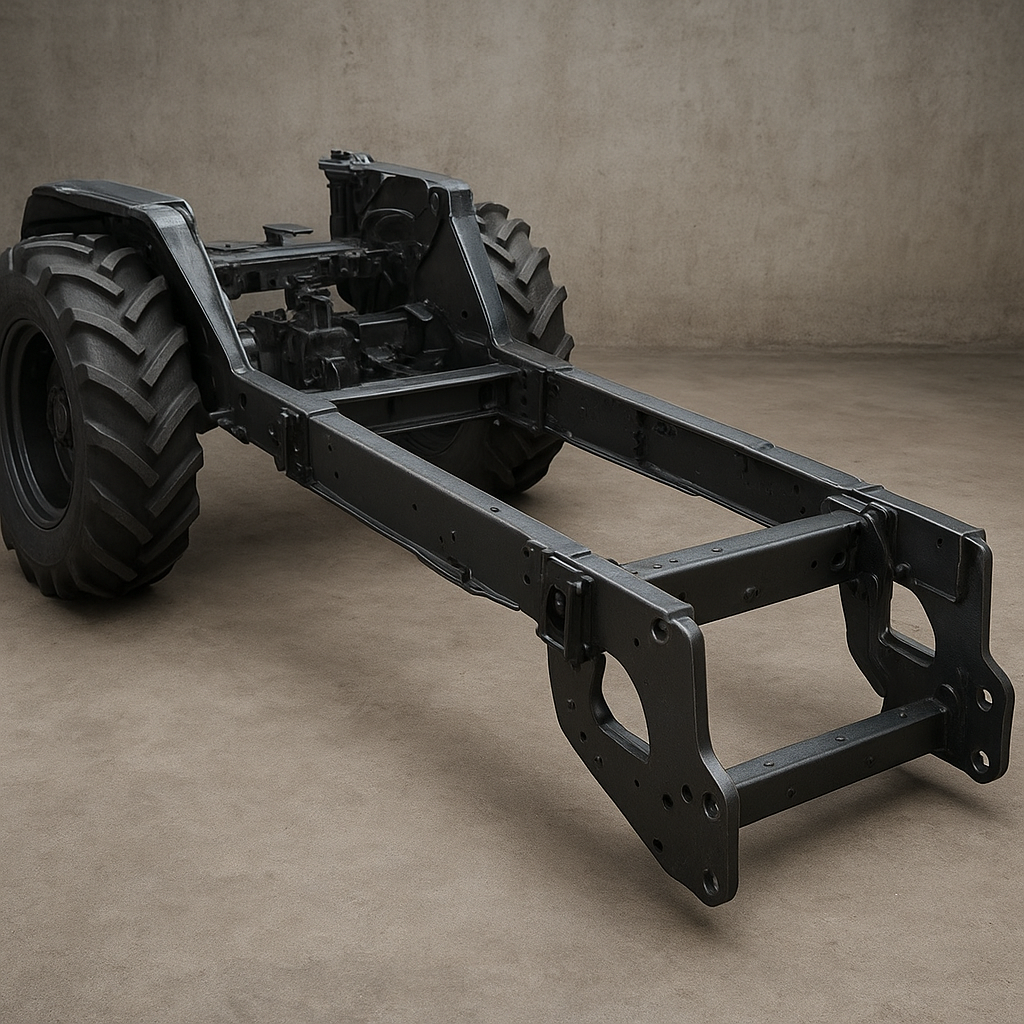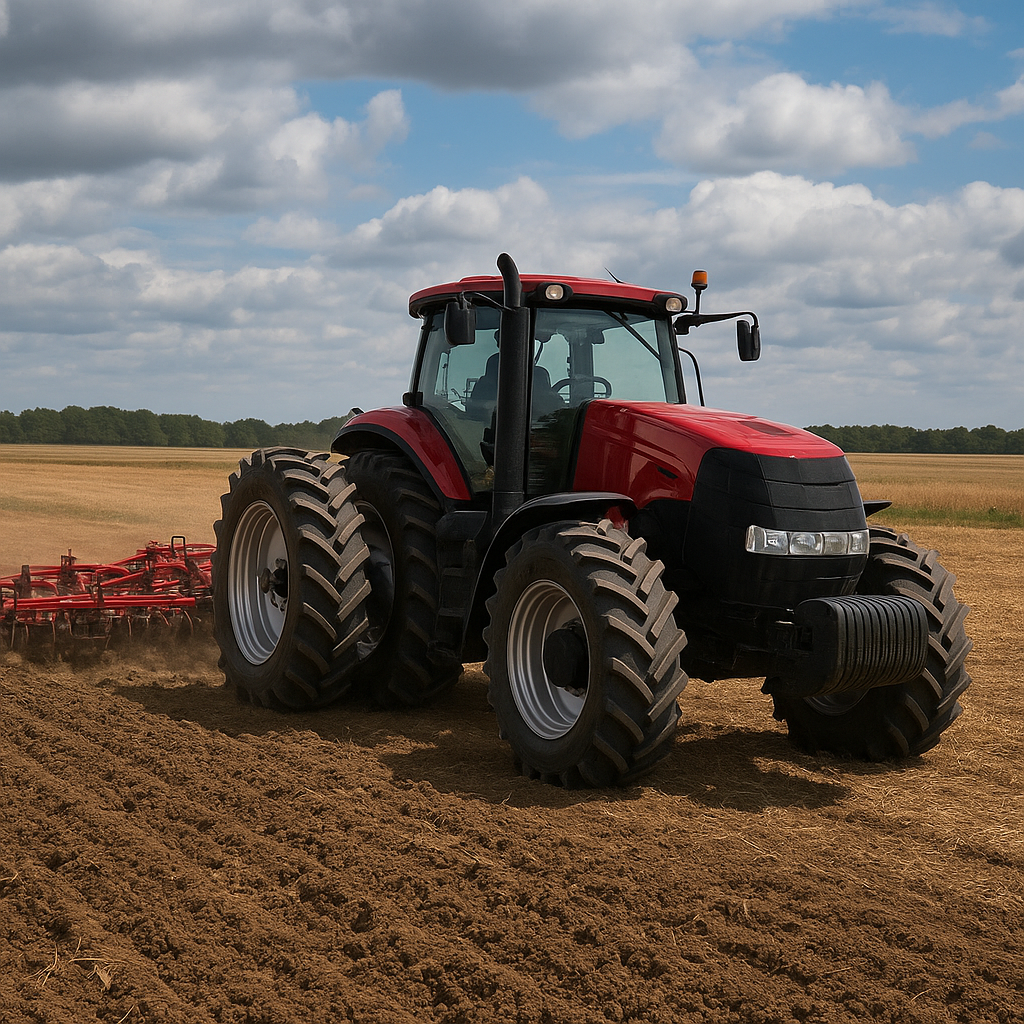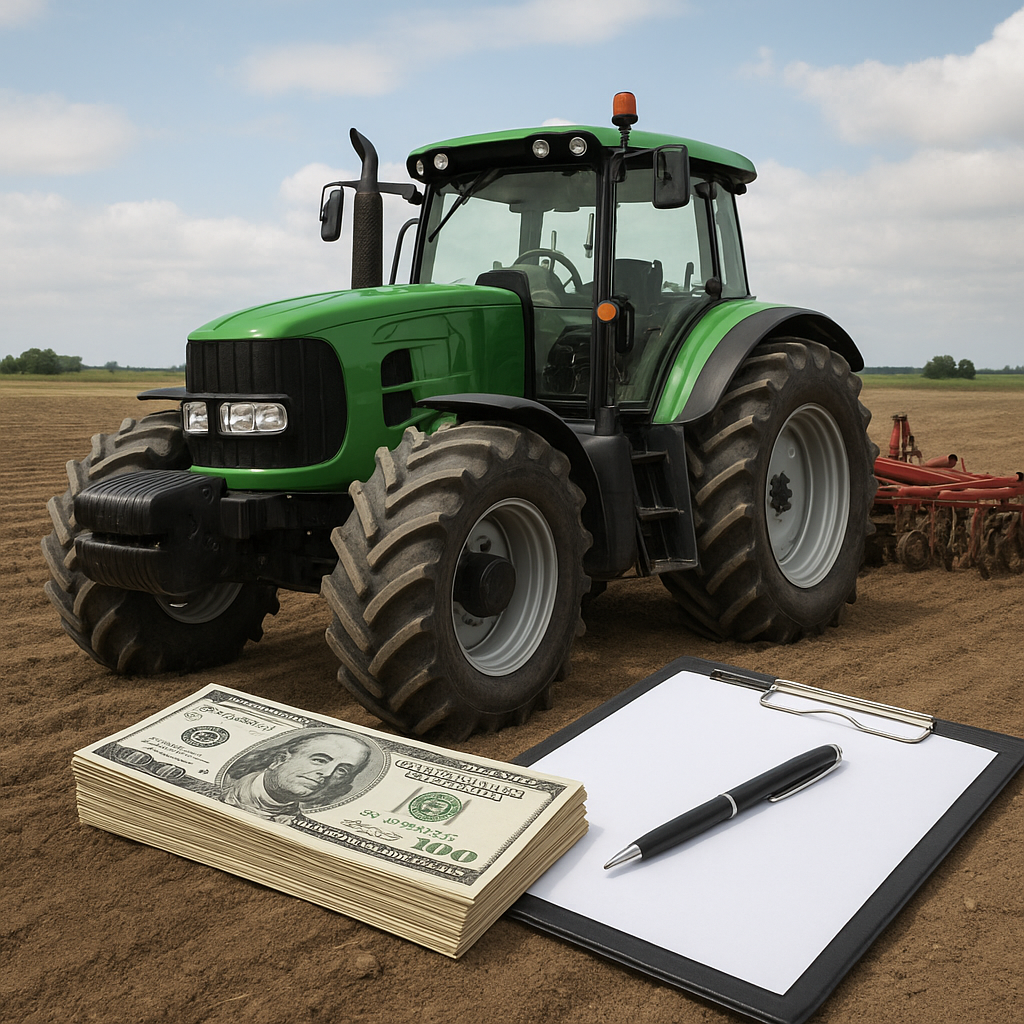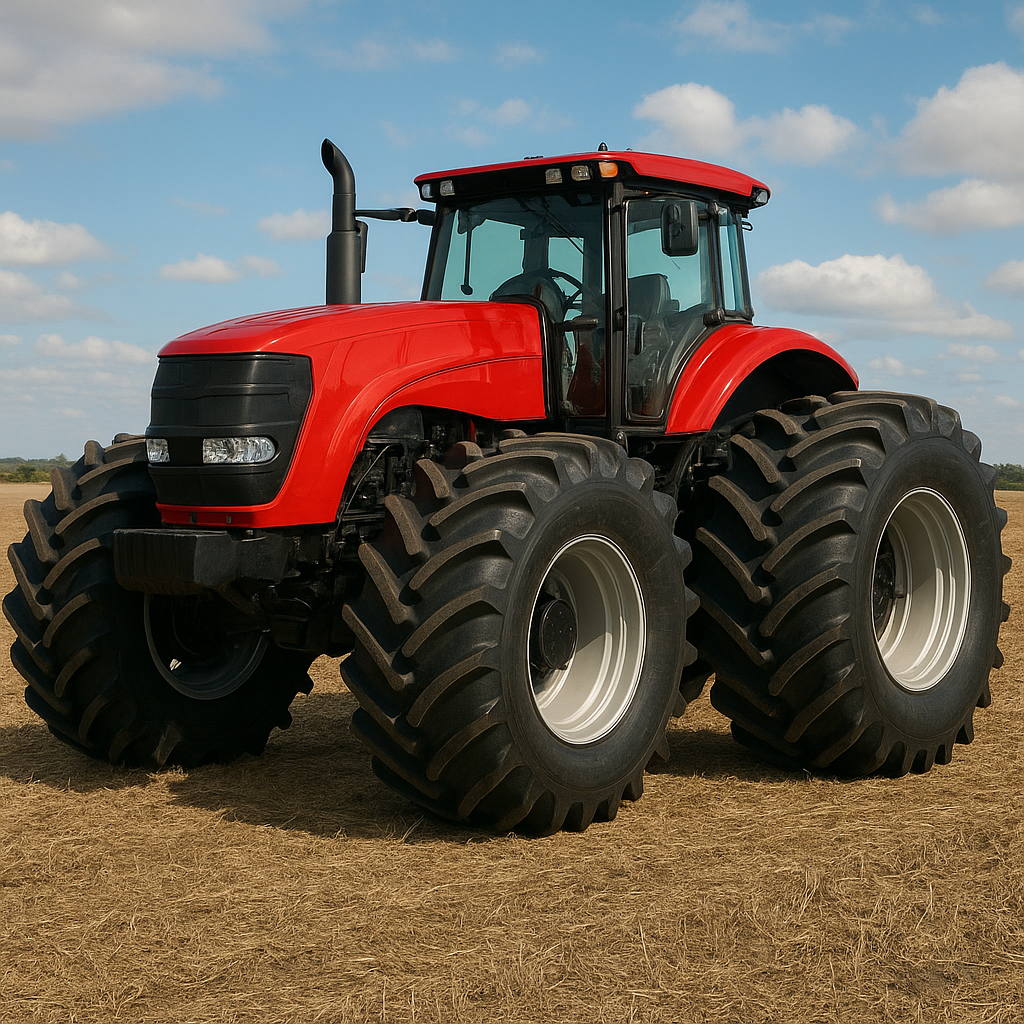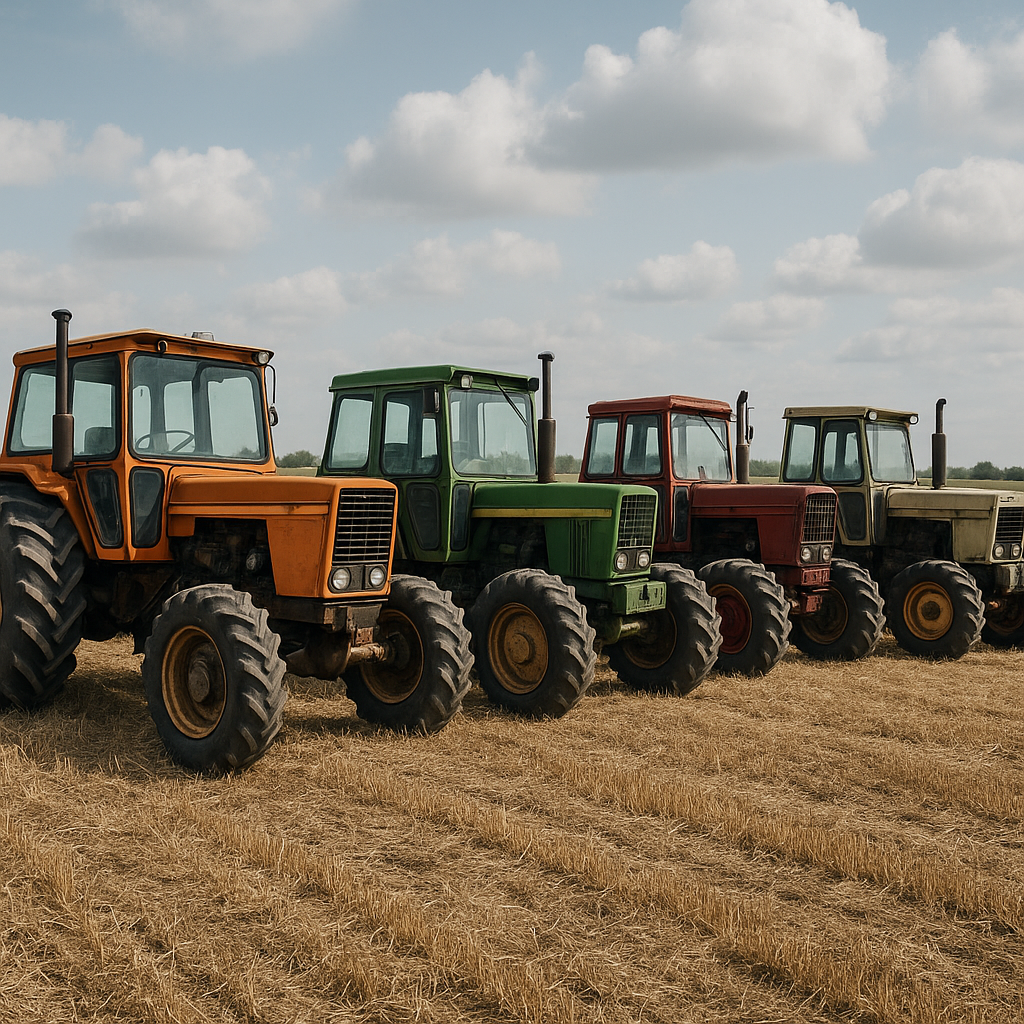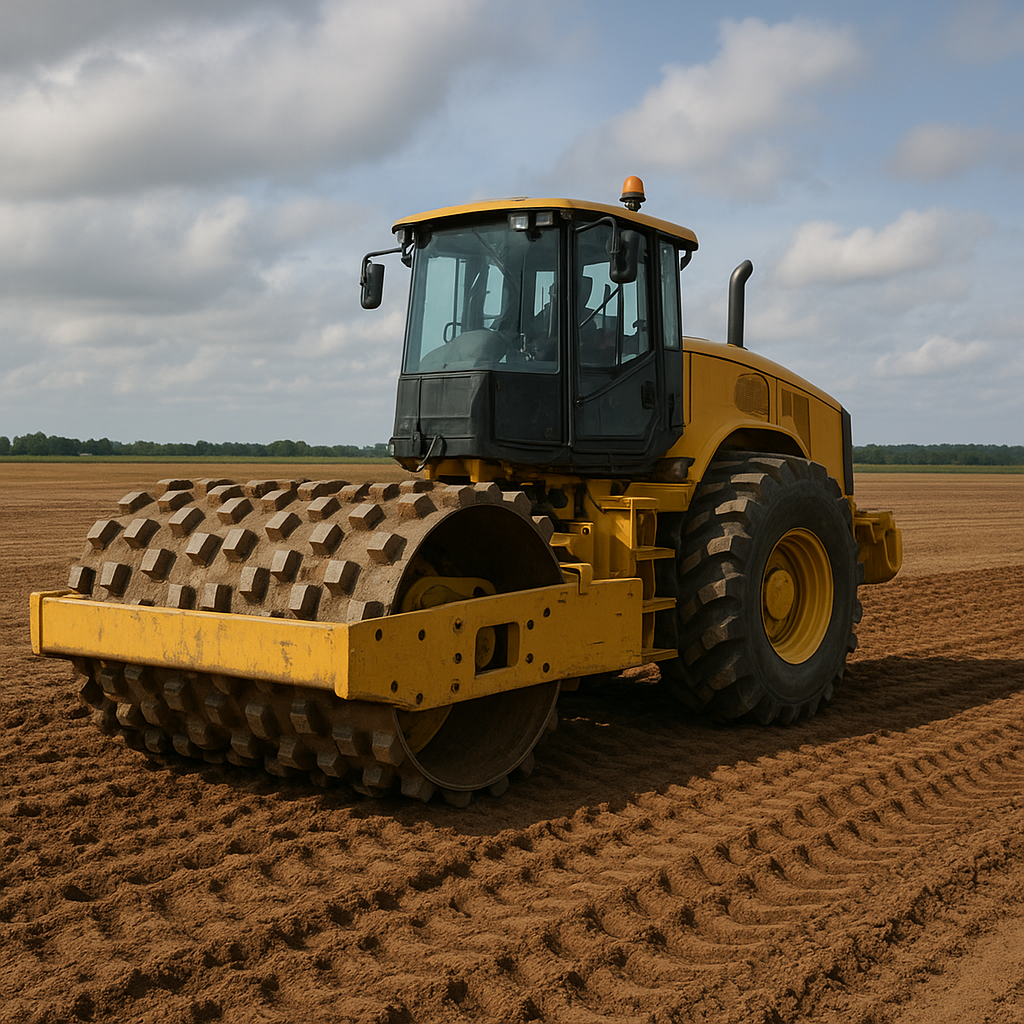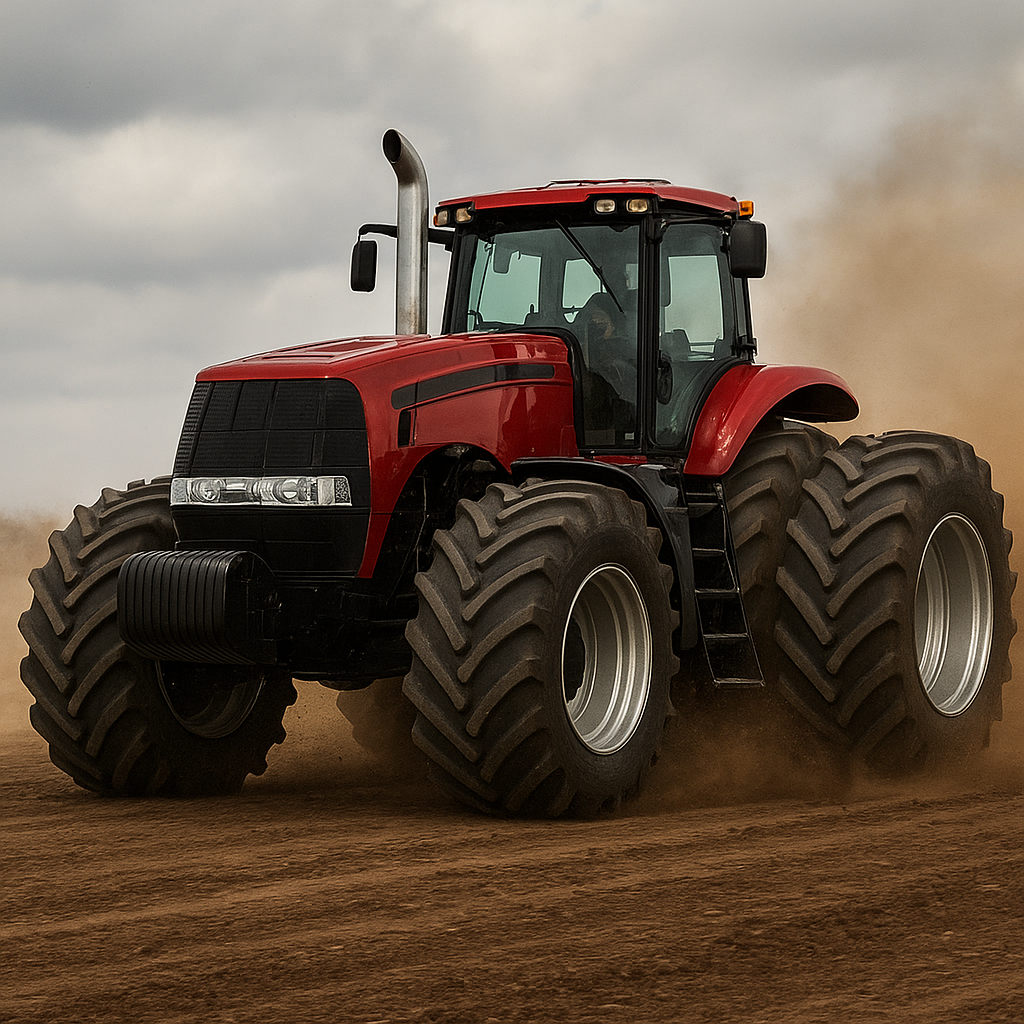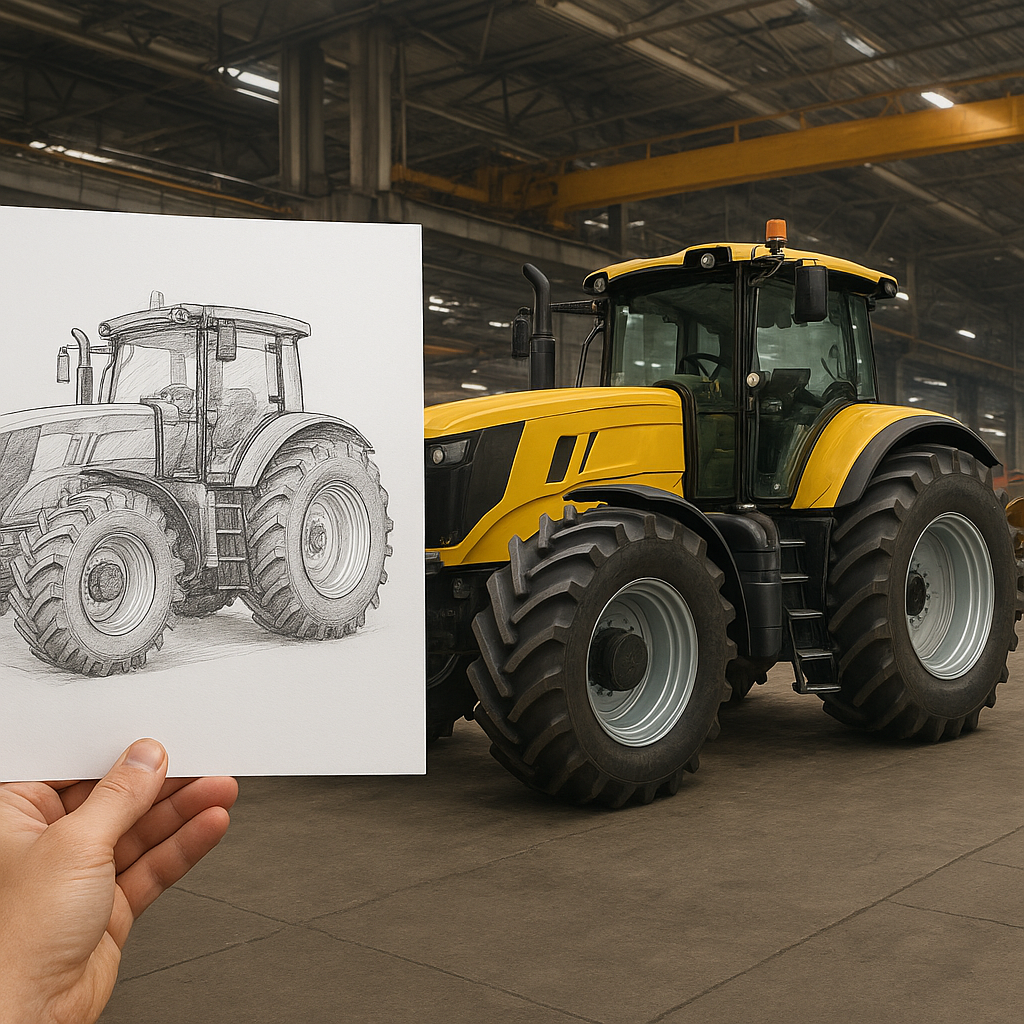Orchard tractors are specialized machines designed specifically for fruit farming, offering unique features and capabilities that set them apart from conventional tractors. These machines are engineered to navigate the narrow rows and tight spaces typical of orchards, ensuring efficient and effective farming operations. In this article, we will explore the various aspects of orchard tractors, including their design, functionality, and the benefits they bring to fruit farming.
Design and Features of Orchard Tractors
Orchard tractors are distinct in their design, tailored to meet the specific needs of fruit farmers. One of the most notable features is their compact size, which allows them to maneuver easily between rows of trees. This is crucial in orchards where space is limited and precision is key. The narrow width of these tractors ensures that they can pass through tight spaces without damaging the trees or the fruit.
Another important design aspect is the low profile of orchard tractors. This feature allows them to operate under the canopy of trees, avoiding branches and other obstacles. The low center of gravity also provides stability on uneven terrain, which is common in orchards. Additionally, many orchard tractors are equipped with specialized tires that offer better traction and minimize soil compaction, preserving the health of the orchard floor.
Orchard tractors often come with a range of attachments and implements designed for specific tasks in fruit farming. These can include sprayers for applying pesticides and fertilizers, mowers for maintaining the orchard floor, and harvesters for picking fruit. The versatility of these machines makes them invaluable to fruit farmers, as they can perform multiple tasks with a single piece of equipment.
Functionality and Benefits
The functionality of orchard tractors extends beyond their design features. These machines are built to handle the unique challenges of fruit farming, providing several benefits to farmers. One of the primary advantages is increased efficiency. The ability to navigate narrow rows and tight spaces means that tasks can be completed more quickly and with greater precision. This not only saves time but also reduces labor costs, as fewer workers are needed to perform the same tasks.
Another significant benefit is the reduction of crop damage. Traditional tractors can cause damage to trees and fruit due to their larger size and less precise maneuverability. Orchard tractors, with their compact design and specialized features, minimize the risk of damage, ensuring a higher quality and quantity of fruit. This is particularly important for high-value crops where even minor damage can result in significant financial losses.
Orchard tractors also contribute to better soil health. The specialized tires and low ground pressure help to reduce soil compaction, which can negatively impact root growth and water infiltration. By preserving the structure and health of the soil, orchard tractors help to maintain the long-term productivity of the orchard.
Technological Advancements
In recent years, technological advancements have further enhanced the capabilities of orchard tractors. Modern orchard tractors are often equipped with GPS and precision farming technologies, allowing for more accurate application of inputs such as fertilizers and pesticides. This not only improves the efficiency of these applications but also reduces the environmental impact by minimizing the use of chemicals.
Automation is another area where orchard tractors are making significant strides. Some models now come with autonomous or semi-autonomous capabilities, allowing them to perform tasks with minimal human intervention. This can be particularly beneficial during peak seasons when labor shortages are common. Automated orchard tractors can work around the clock, increasing productivity and ensuring that tasks are completed on time.
Additionally, advancements in engine technology have led to more fuel-efficient and environmentally friendly orchard tractors. Many modern models are equipped with engines that meet stringent emissions standards, reducing the carbon footprint of fruit farming operations. This is an important consideration for farmers who are looking to adopt more sustainable practices.
Conclusion
Orchard tractors are specialized machines that play a crucial role in fruit farming. Their unique design and features make them well-suited to the challenges of navigating narrow rows and tight spaces, while their functionality and technological advancements offer numerous benefits to farmers. From increased efficiency and reduced crop damage to better soil health and sustainability, orchard tractors are an invaluable asset to the fruit farming industry. As technology continues to evolve, we can expect these machines to become even more advanced, further enhancing their capabilities and the benefits they provide to fruit farmers.
